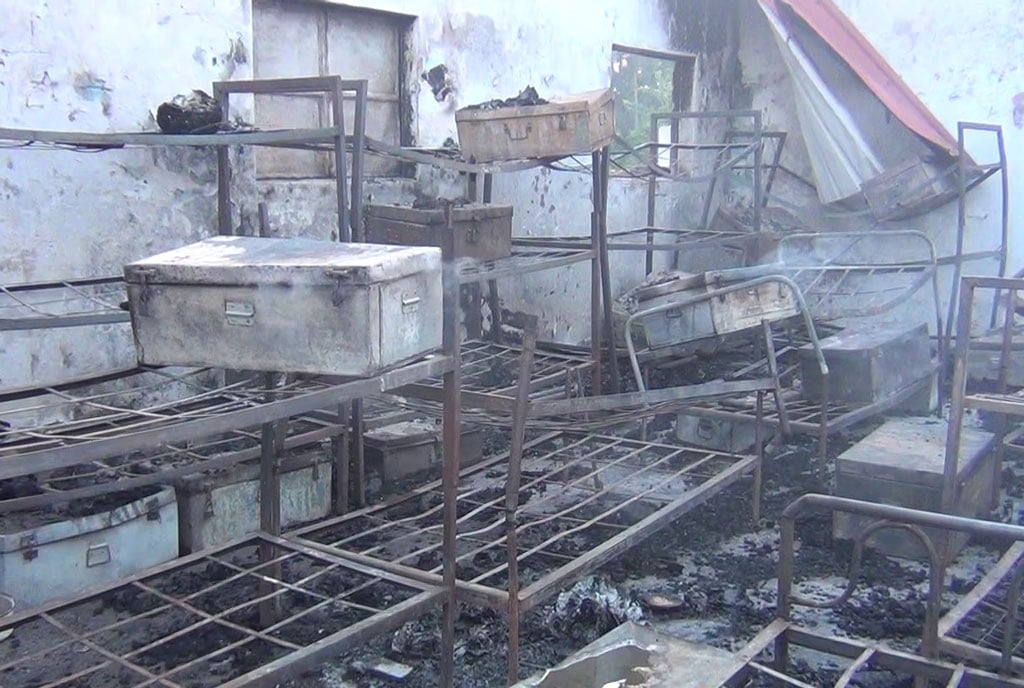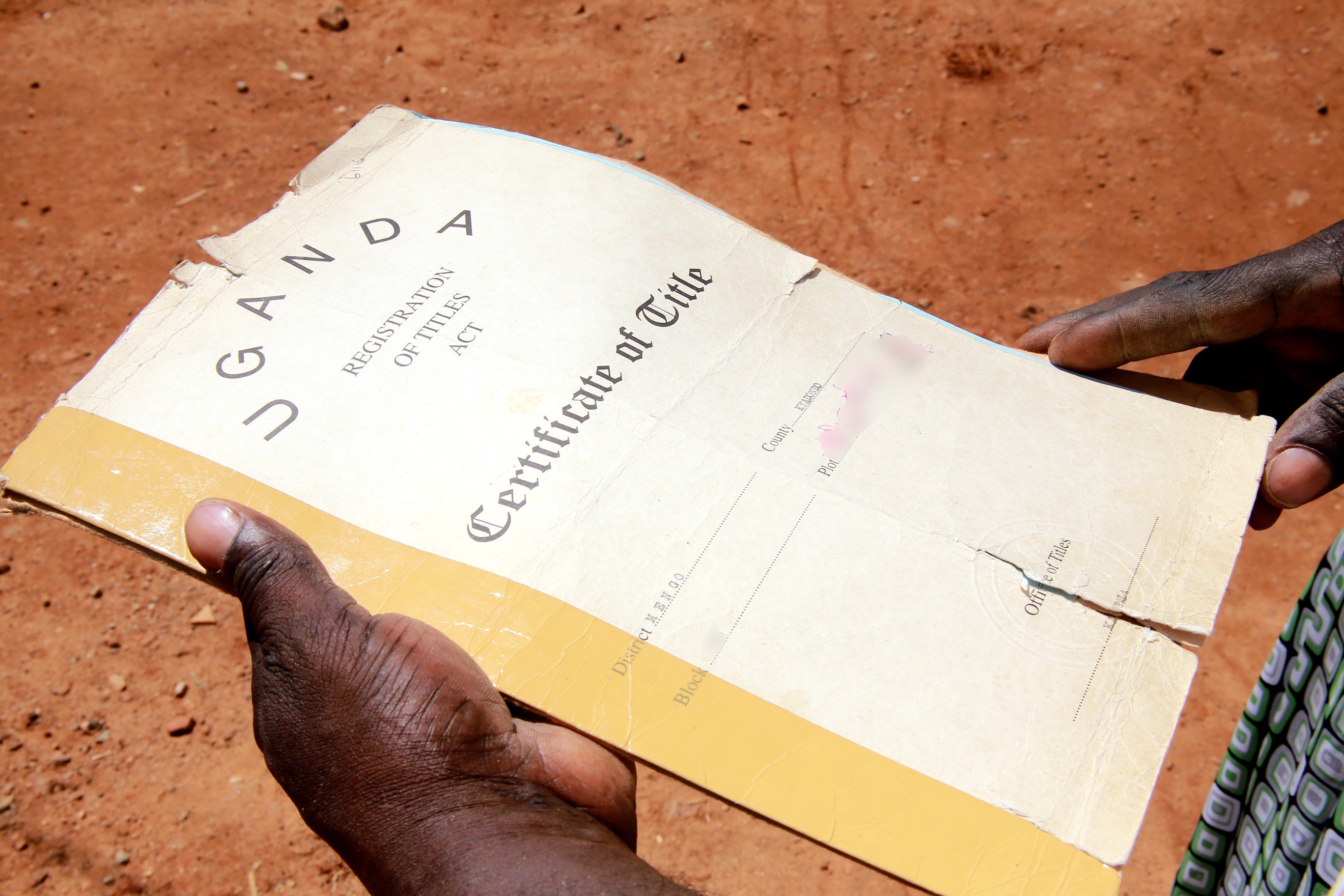Immunisation: Don’t force public confidence, emphasise wellbeing
What you need to know:
- Outbreak. In the past three years, there have been random cases of measles outbreak in different parts of the country and, therefore, some people have welcomed the mass immunisation campaign.
- According to Health minister Jane Ruth Aceng, “this campaign does not replace the routine immunisation schedule. Parents, caregivers and all concerned must ensure that all children receive and complete all vaccine specified on our immunisation schedule after the campaign, regardless of being previously immunised.”
It was disheartening to see a young family being arrested and taken to a rural police station during the recent mass immunisation programme against measles, rubella and polio.
The exercise targeting 18 million children in Uganda was rolled out by the Ministry of Health and it was estimated that 8.2 million children younger than nine months would be vaccinated.
Children of school-going age were to be immunised at different schools and community centres. The objective of the immunisation campaign was to obtain 95 per cent immunisation coverage.
In the past three years, there have been random cases of measles outbreak in different parts of the country and, therefore, some people have welcomed the mass immunisation campaign funded by government of Uganda, GAVI, United Nations Children’s Fund and the World Health Organisation.
However, there has been disgruntlement and resistance from many parts of the country by parents and caretakers to the mass immunisation programme.
Ministry of Health has responded by threatening to arrest citizens. Some parents instigated court proceedings against a school on account that their children were immunised illegally.
The parents argue that their children were immunised without their consent and yet in the earlier years their children had already been immunised against measles, rubella and polio.
According to Dr Alfred Driwale, the programme manager of the Uganda Expanded Programme on Immunisation (UNEPI), while the Immunisation Act gives parents the responsibility to take their children for immunisation between the ages of zero-five years, they have no responsibility when it comes to a national programme since schools will inform parents. But adds that schools don’t need to seek parental consent.
According to Health minister Jane Ruth Aceng, “this campaign does not replace the routine immunisation schedule. Parents, caregivers and all concerned must ensure that all children receive and complete all vaccine specified on our immunisation schedule after the campaign, regardless of being previously immunised.”
There seems to be genuine concern and grievance by the public targeting the Ministry of Health and its enforcement of the mass immunisation campaign using police. Other reasons can be speculated around these areas;
a) Could it be that the heavy-handed response by the Ministry of Health was covering up for their inadequate sensitisation and information about the vaccine?
b) Given that children are normally immunised from zero to five years, why then is there an urgent need for a national re-immunisation campaign?
C) Is the Ministry of Health admitting failure of previously used vaccines? The public’s mixed reaction is not surprising since there is growing cynicisms.
It is highly unlikely that winning back public confidence will be achieved by force. According to Dr Matshidiso Moeti, the WHO regional director for Africa, “This exercise is important because it represents commitment to healthcare to prevent deaths, disease and suffering.”
Under normal circumstances, parents would be willing follow government immunisation campaigns. However, the current situation has left some people angry. Going forward, importance should be placed on citizen’s well-being and good health as stipulated under the United Nations Sustainable Development Goals 3. Achieving it requires the public’s corporation and support.
However, the way in which the ongoing mass immunisation process has been managed leaves a lot to be desired.
Ms Victoria Nyeko is a media commentator.
[email protected]
Twitter:@VictoriaNyeko




